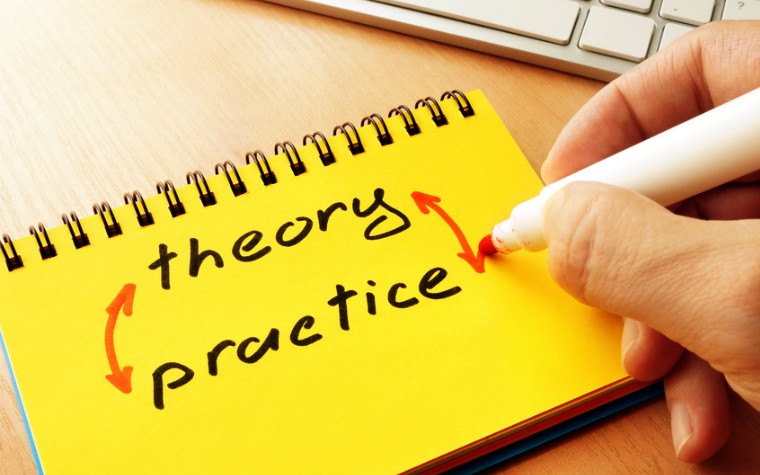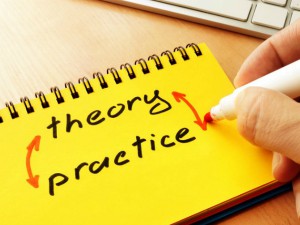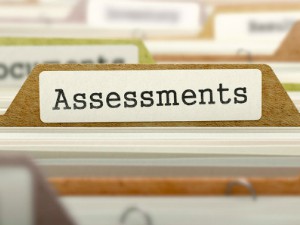
Learning points
- Practical guidance on essential topics including reflective practice and using theory, with tools and models you can use.
- Different ways to assess students, what to do if a student is struggling, and how to ensure your practice is not discriminatory or oppressive.
- Quick explainers of different practice models, to help you understand the different ways students may be working.
- Examples of content that you can use directly with students to support them with issues like resilience and time management, and to help understanding of practice issues like mental capacity and domestic abuse.
Essential skills
Practice models
Multimedia learning
Assessment
Multimedia learning
Supervision
Anti-oppressive practice
Multimedia learning
Organising training and learning
Examples of content to use with students
If you can’t find what you’re looking for, do let us know.

 Knowledge and Practice Hubs
Knowledge and Practice Hubs 






